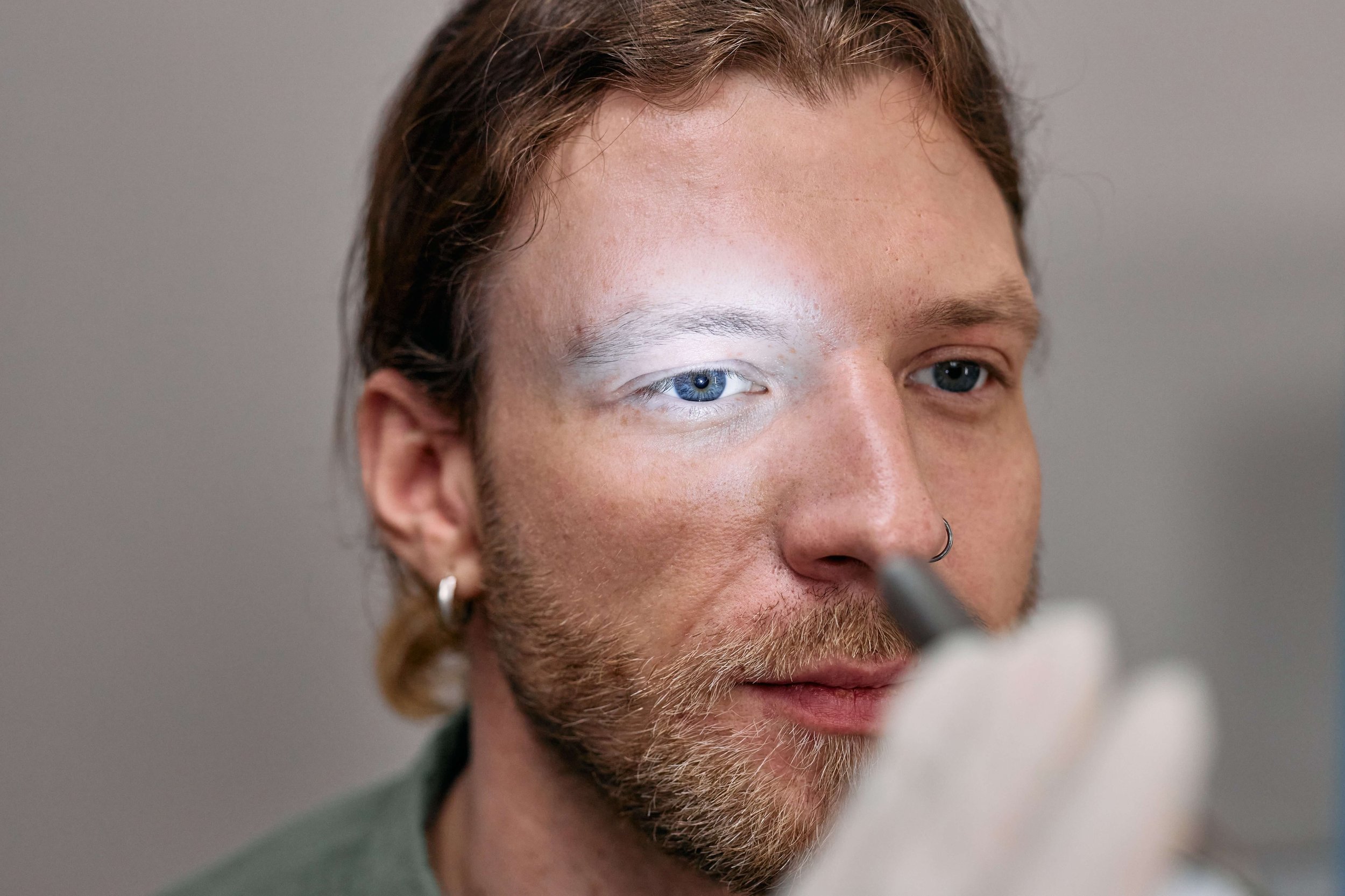What Does Glaucoma Vision Look Like?
At Colorado Eye Surgeons, when a patient comes in for an eye exam they are screened for glaucoma. However, many of our patients are unfamiliar with the disease. Here, we will explain what glaucoma is and how it affects your vision.
What Causes Glaucoma?
Currently, glaucoma continues to be a major public health problem. It is the second leading cause of blindness worldwide after cataracts. There are multiple types of glaucoma, but here we will discuss the most common cause in the United States. In the US, primary open-angle glaucoma is the most common form of glaucoma and is the leading cause of irreversible blindness in African Americans. This disease is typically asymptomatic until advanced visual loss occurs. Some of the risk factors for primary open-angle glaucoma have been extensively described and studied, including elevated pressure in the eyes, advancing age, family history, African ancestry, myopia (near-sightedness), and perhaps presence of certain systemic diseases, such as diabetes and high blood pressure.
What are the First Signs of Glaucoma?
One of the reasons Dr. Pennington and other ophthalmologists recommend annual eye exams is because patients will not notice changes from glaucoma. Glaucoma initially affects your far peripheral vision. Unfortunately, vision changes in the far periphery are nearly impossible to notice. For this reason, we screen patients regularly for signs of glaucoma.
What Does a Person with Glaucoma See?
When glaucoma continues to advance without being detected it can lead to “tunnel vision” as a patient with severe glaucoma may only see centrally. For this reason it is critical to have routine check ups with your ophthalmologist. Once vision is lost from glaucoma, it is not recoverable. The following image is an example of what a patient with different stages of glaucoma may experience.
The good news is with regular eye exams and routine follow up, an ophthalmologist can monitor risk factors and exam signs to help prevent any loss of vision from glaucoma. Schedule an appointment today with Colorado Eye Surgeons.


